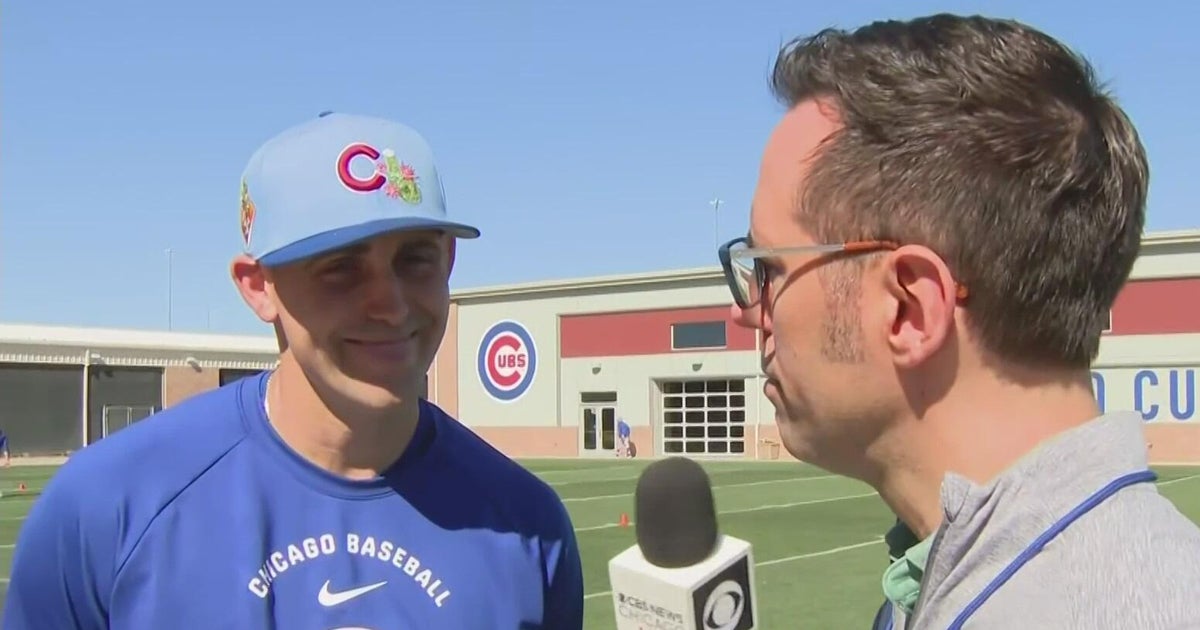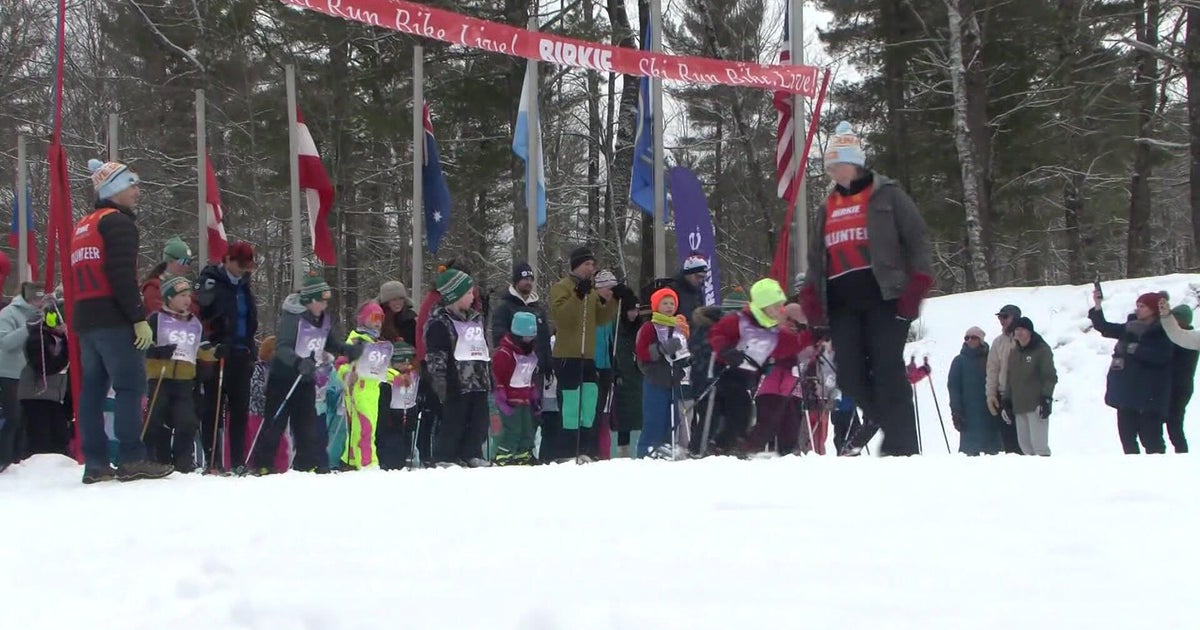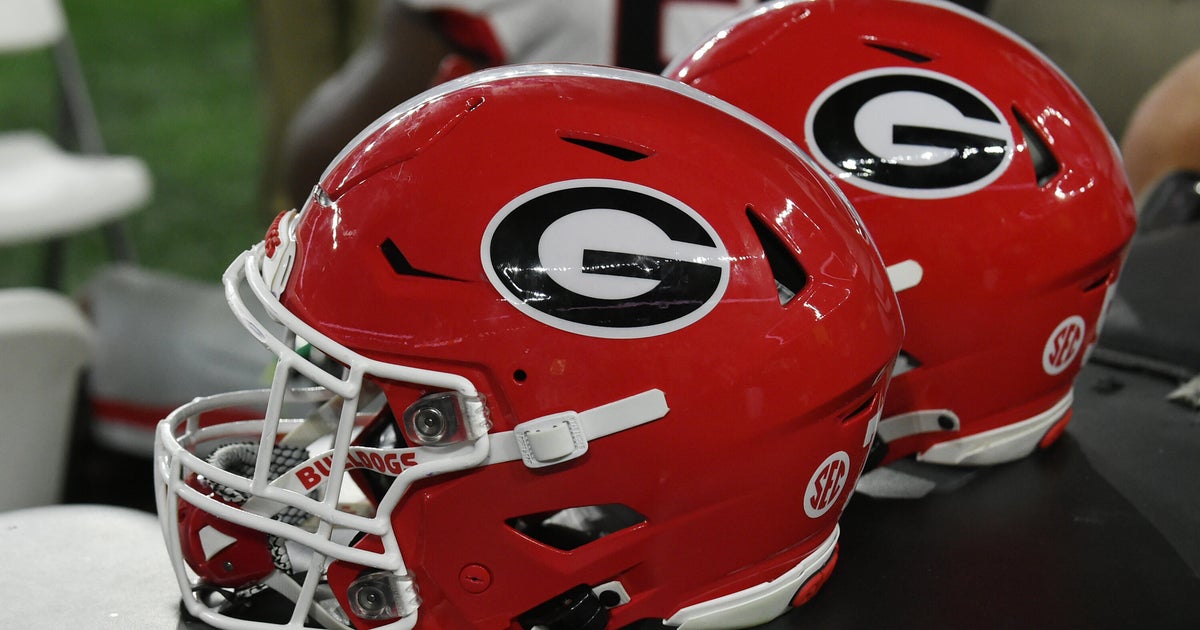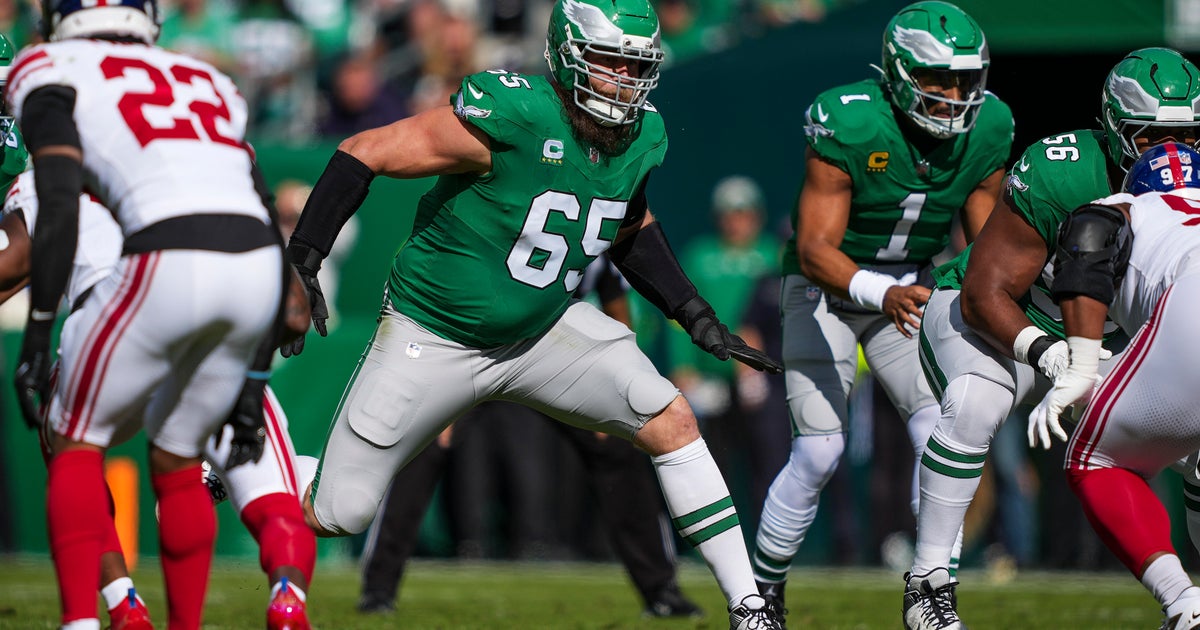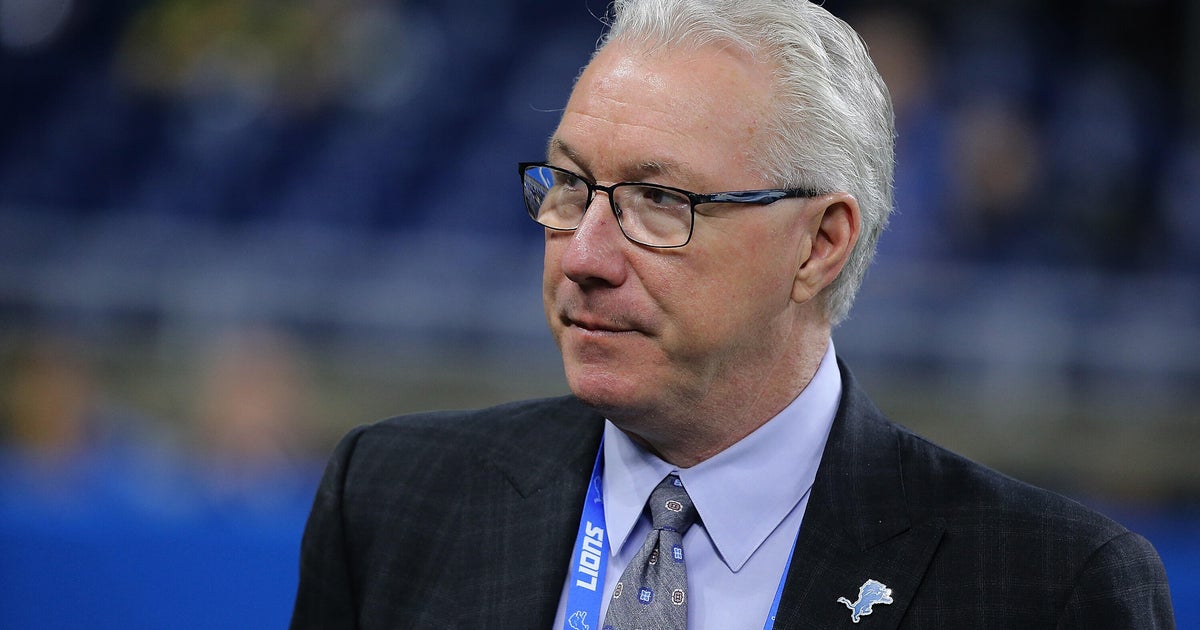Despite Confusion, NASCAR Got Memorable All-Star Race
Follow CBSDFW.COM: Facebook | Twitter
CONCORD, N.C. (AP) - Say this about NASCAR's confusing and chaotic Sprint All-Star Race: At least it was entertaining.
The latest running of NASCAR's annual showcase was lambasted by drivers and fans for its new format, yet it still produced one of the most memorable all-star races in a very long time.
Sure, part of the entertainment factor came from perplexed drivers who struggled to understand the officiating after the first segment Saturday night. Their comments were comical, and ultimately overshadowed racing that was far better than it was a year ago at Charlotte Motor Speedway.
The event is billed as a $1 million dash-for-cash, where drivers can throw caution to the wind and race simply for the pile of money at the finish line. The dramatics of that theory ceased long ago, in part because the racing product deteriorated, the varying formats backfired and some drivers were simply going through the motions.
Over the last decade, the All-Star Race produced some singular memorable moments but has rarely been a race to remember from start to finish. In that sense, Saturday night was special from the moment Matt Kenseth's botched strategy in the first segment derailed the new format until Joey Logano's gripping late battle with Kyle Larson for the victory.
"The racing was significantly better than last year," Logano said. "I remember this race last year, and I'd get trapped because all you can do is run the bottom. We saw a lot of side-by-side racing (Saturday night), saw a lot of (tires) fall off, and obviously with so much strategy, a lot of us didn't know what was going on because there was so much strategy. That's what it promoted. It promoted a lot of racing, hard racing, and I thought it was great."
The 113-lap race was formatted in part by ideas presented by Brad Keselowski, a new member on this year's driver council. His proposals were shaped into three segments, the first of which required a pit stop under green.
That's where the race essentially derailed because Kenseth was waiting until the end to make his pit stop. But when a caution came out with four laps remaining, Kenseth was out of time to pit and was held a lap for not doing so.
Because Kenseth had lapped so many cars by not pitting, he put eight drivers a lap down at the start of the second segment. That's where the frustration set in because those drivers didn't understand why they couldn't get their lap back before the second segment began.
After the race, NASCAR acknowledged it had not foreseen a situation like the one created by Kenseth's failed strategy when setting the format.
"We didn't have a mechanism in our procedures to correct it," said Scott Miller, NASCAR's senior vice president for competition.
If the fans and competitors could set that element aside, then the focus would turn to the actual on-track product. At this time last year, NASCAR was leaning toward sticking with the 2015 rules package that was basically producing unwatchable racing. Drivers used the All-Star Race and the Coca-Cola 600 as examples of how wrong a decision that was, and the discussions ultimately produced a more favorable package for the drivers.
That was further tweaked this week as NASCAR removed more downforce from the cars, to the delight of most of the drivers, and the end result was a pass for the win in the final segment for the first time in a very long time.
"We're going down the right direction," third-place finisher Dale Earnhardt Jr. said.
Still, Earnhardt cautioned against trying too many gimmicks to make the All-Star Race a better show. He admitted he was very confused about what was going on until the final 13-lap segment but chalked it up to no one predicting what would happen with Kenseth.
Asked if in the future, the way to make the All-Star Race special would be to make it a race of innovation in which drivers competed without a rules package in whatever car their team built, Earnhardt wasn't sure.
"We would all be full throttle," he said with a shrug.
Instead, he used Saturday night's racing as an example of where NASCAR should focus.
"I just think they ought to go back to the original formats that they started with that are simple and make the cars race better, you know?" he said. "Gimmicks and all that stuff, trying to trick up the race is going down the wrong path. The way to make the racing exciting is to make the cars exciting."
(© Copyright 2016 The Associated Press. All Rights Reserved. This material may not be published, broadcast, rewritten or redistributed.)
